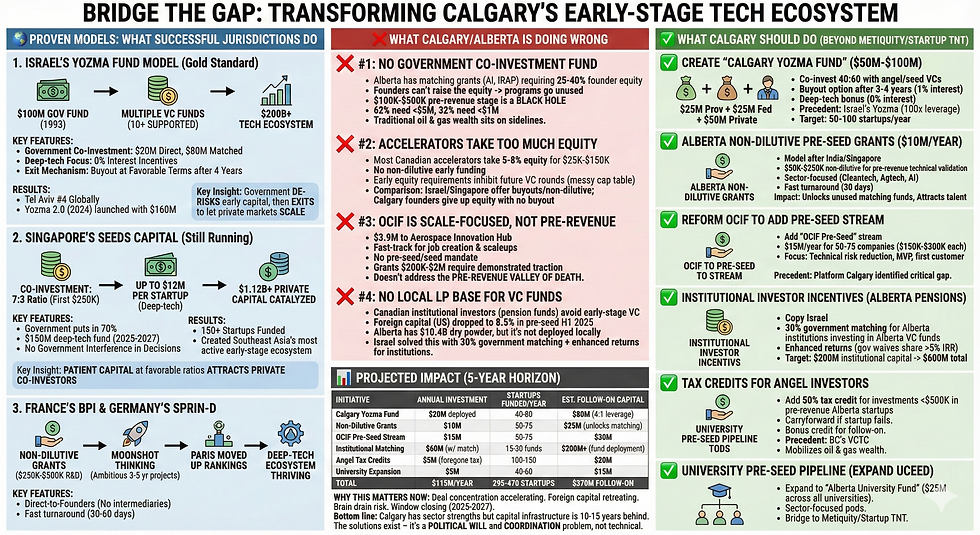Why Your Funding Application is Being Rejected
- Mina Demian

- Dec 30, 2022
- 2 min read

As a social enterprise, receiving a funding rejection with little explanation can be frustrating. But what are funders looking for in a scaling plan? As a funder through the F. M. Kirby Prize for Scaling Social Impact, we’ve noticed common concerns during the evaluation process. Addressing these points can increase your chances of securing funding and scaling your impact.
Clearly define your piece of the problem.
Funders want to see that you clearly understand the specific issue you're tackling and how your solution fits into the bigger picture. For example, focus on a specific aspect of the problem and how your organization is uniquely suited to solve it rather than just addressing hunger, poverty, or climate change broadly.
Think beyond growth
Scaling isn't just about increasing the size of your organization. Consider ways to partner with others, influence behaviour change, or drive government adoption to make an impact truly.
Keep it simple
Your scaling plan should be easy to understand and concise. Avoid overcomplicating things with unnecessary details.
Demonstrate learning and adaptability
Funders want to see that you're constantly learning and willing to adjust your approach as needed. Share examples of how you've adapted in the past and how you plan to continue learning and improving.
Avoid the talent trap.
While having a strong team is essential, funders don't want to see an over-reliance on a few key individuals. Show that your organization has a strong leadership structure and succession plan.
Show the money
A solid financial plan is crucial for scaling. Be transparent about your current and projected financials, including any potential risks.
Stay close to the problem
Make sure you deeply understand the problem you're trying to solve and stay connected to the community you're serving. This will help ensure that your solution is truly meeting their needs.
By addressing these common concerns, you can set yourself up for success in securing funding for your scaling plan. As a social enterprise in Canada, it's essential to tailor your approach to your country’s specific needs and context.




Comments